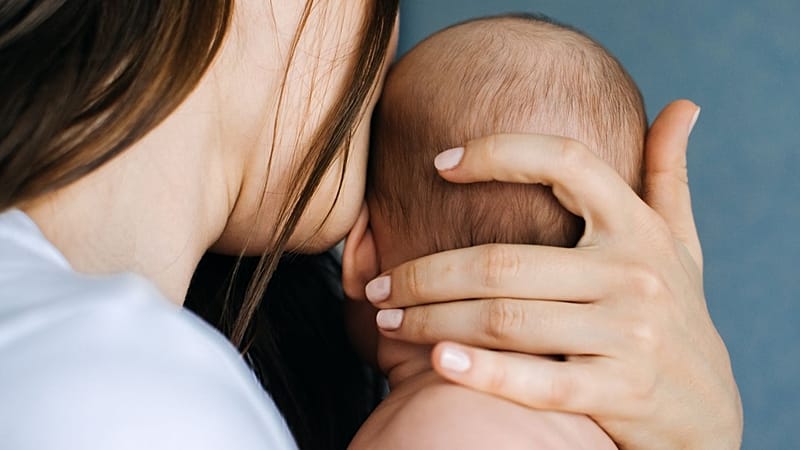Deaths in pregnancy and childbirth have plummeted worldwide. What’s behind the decline?

Access to birth control prevents thousands of deaths in pregnancy and childbirth every year, a new global analysis has found.
Globally, maternal deaths – pregnancy-related deaths during pregnancy, childbirth, or up to six weeks postpartum – are mostly due to postpartum haemorrhage, health issues stemming from high blood pressure, sepsis, blood vessel blockages, abortion complications, or obstructed labour, which is when the foetus is physically unable to pass through the birth canal.
But maternal mortality plunged by 41 per cent between 2000 and 2023, from about 443,000 to 260,000.
Researchers from the World Health Organization (WHO) and leading universities analysed data from 195 countries and territories to identify what exactly drove that reduction.
They found that 61.2 per cent of the decline could be explained by improvements to maternity care, such as childbirth with skilled health workers and better postpartum support.
Another 38.8 per cent was due to “fertility reduction,” including contraceptive use and safer abortions.
Contraceptive use alone averted an estimated 77,400 maternal deaths in 2023, according to the study, which was published in The Lancet Global Health journal.That's about one in four averted maternal deaths that year.
The researchers said the findings underscore the importance of contraception in women’s health outcomes. Birth control helps women plan and space their pregnancies, preventing complications and helping to reduce the number of unsafe abortions.
“Access to contraception and quality maternity care are not just health interventions – they are fundamental to saving lives and advancing gender equality,” Pascale Allotey, a director at the WHO focused on sexual and reproductive health, said in a statement.
However, the researchers warned that efforts to curb abortion access and recent cuts to global health funding, particularly the dismantling of the US Agency for International Development (USAID), could jeopardise efforts to prevent additional pregnancy-related deaths.
They called for family planning programmes to be better integrated into maternity care.
“We must ensure that every woman, everywhere, has the means to plan her family and access the care she needs for preventing unintended pregnancy and for a safe pregnancy and childbirth,” Allotey said.

